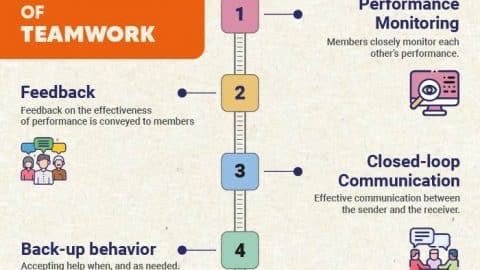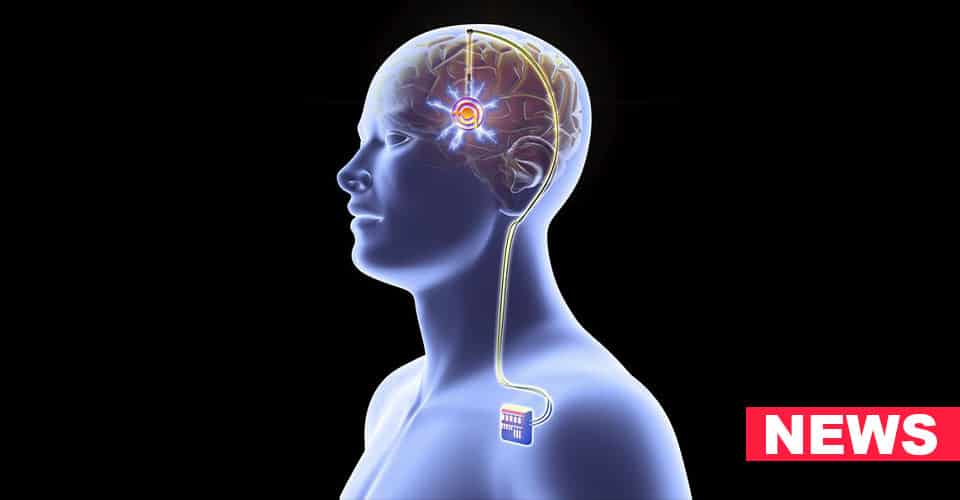Posttraumatic stress disorder (PTSD) is a debilitating condition that can develop after experiencing traumatic events. While a significant number of individuals face trauma, only around 25-35% go on to develop PTSD.
Understanding the factors that render certain individuals more susceptible to this condition is vital for both prevention and treatment.
A recent study led by Carmen Sandi and Simone Astori at EPFL (École Polytechnique Fédérale de Lausanne) has uncovered how the development of PTSD is influenced by glucocorticoids, hormones released by the body in response to stress, such as cortisol.
This groundbreaking research offers valuable insights into the behavioral and biological traits associated with vulnerability to PTSD.
Unveiling the Connection between Glucocorticoids and Posttraumatic stress disorder
Carmen Sandi, one of the leading researchers behind this study, emphasizes the substantial variations in glucocorticoid levels released into the bloodstream during stress.
Low glucocorticoid levels are frequently observed in posttraumatic stress disorder patients following trauma exposure and were initially thought to be a consequence of the trauma itself.
Sandi explains that the possibility of low glucocorticoid levels constituting a preexisting risk factor for PTSD has been a longstanding question,.
However, investigating it has been challenging due to the difficulties of collecting biological measures before trauma exposure and accessing relevant animal models that allow the causal role of these traits to be examined.
To delve into the potential link between a diminished hormonal response to stress and the symptoms of PTSD, the research team utilized a genetically selected rat model that mirrors individuals with reduced responses to cortisol.
Their approach involved an array of techniques, including MRI scans to measure brain volume, conditioning rats to associate cues with fear, monitoring their sleep patterns, and assessing their brain activity.
Through these combined methods, the researchers made several key discoveries. A reduced responsiveness to glucocorticoids was linked to a “correlated multi-trait response,” including impaired fear extinction (particularly in male rats), reduced hippocampal volume, and disturbances in rapid-eye movement sleep.
Fear extinction is a crucial process by which a conditioned fear response diminishes over time, and difficulties with this process are a hallmark of PTSD.
Additionally, rapid-eye movement sleep is essential for memory consolidation, and disturbances in this sleep pattern have long been associated with PTSD.
Hope on the Horizon: A Potential Treatment
The research did not conclude with these findings. In an effort to explore potential treatments, the researchers subjected the rats to the equivalent of human cognitive and behavioral therapy to reduce their learned fears.
Subsequently, they administered corticosterone to the rats. The results were promising – both excessive fear and disturbances in rapid-eye movement sleep subsided.
Furthermore, the elevated levels of the stress-related neurotransmitter norepinephrine in the brain returned to normal.
Carmen Sandi emphasizes the significance of the study’s findings, stating, “Our study provides causal evidence of a direct implication of low glucocorticoid responsiveness in the development of PTSD symptomatology following exposure to traumatic experiences, i.e., impaired fear extinction.”
Furthermore, the research reveals that low glucocorticoid levels have a causal connection to various risk factors and symptoms that were previously only independently associated with posttraumatic stress disorder.
Silvia Monari, the study’s first author, sums up the key findings, stating, “In a nutshell, we present mechanistic evidence – previously missing – that having low glucocorticoids such as cortisol in humans is a condition for causally predisposed individuals to present all to-date vulnerability factors for developing PTSD, and causally involved in deficits to extinguish traumatic memories.”
This breakthrough study not only sheds light on the intricate relationship between glucocorticoids and PTSD but also offers new hope for potential treatments.
By understanding the underlying mechanisms and causal connections, this research opens the door to innovative therapeutic approaches that could improve the lives of individuals grappling with PTSD.
As further investigations are conducted and potential treatments are refined, there is optimism that these findings will ultimately make a significant impact on those affected by this challenging condition.



























